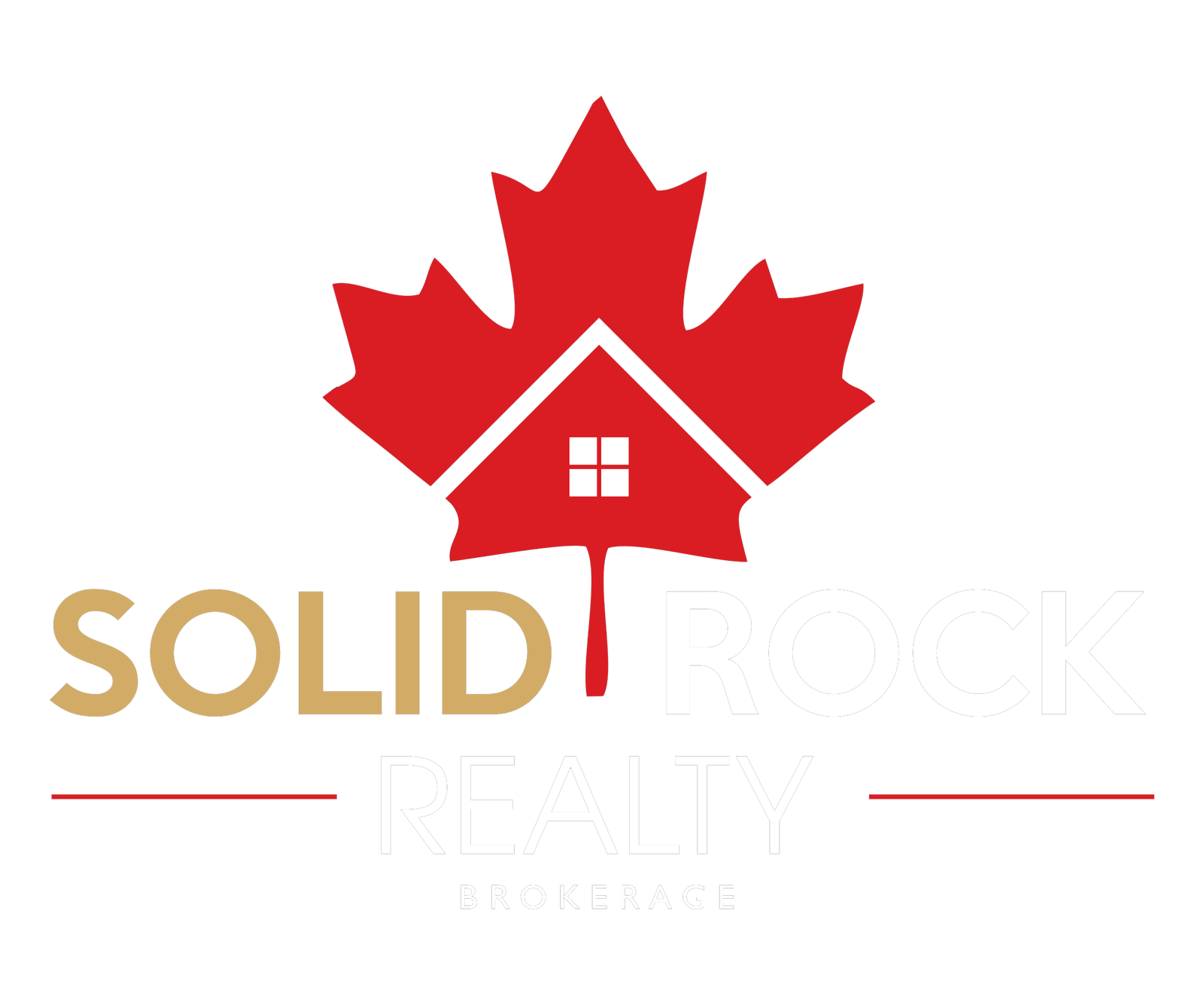
Buying a home is one of the biggest investments one will make. Which is why it is important to have an understanding of how to finance that investment, if you do not have cash to buy a home. We cannot all be experts at mortgages and that’s why finding a Mortgage Advisor you trust is so important.
With over 30 years of banking experience between working in personal banking, commercial banking and mortgage advisor, Ana Maria Fonseca has been a top performer throughout her career.
We sat down with Ana Maria, virtually, and asked her the top 10 questions that everyone should be asking their Mortgage Advisor.
1. What is the difference between a conventional and a high-ratio mortgage?
A conventional mortgage is a mortgage with a down payment of 20% or more. A high ratio mortgage is when a down payment is less than 20% to a minimum of 5%. An insurance premium is required for mortgages with less than 20%, that premium is added onto your mortgage.
2. How do I obtain a pre-approval from the bank?
The best practice for a pre-approval is to declare all your income, confirm all your documentation and authorize a credit bureau check. To obtain a pre-approval, give me a call and it would be my pleasure to help you out.
3. How does the bank determine my indebtedness ratio?
There are two indebtedness ratios. The bank takes both ratios into account.1) Total Debt Service Ratio = includes Mortgage Debt (Shelter Debt: Mortgage (Principal and Interest), Property Taxes, and Heat) + all other debt. (including support/alimony and personal debt) (Must be below 44% of your gross income)
2) Gross Debt Service = Shelter Payments = House (Principal Interest), Taxes and Heat (Must be below 39% of your gross income
2) Gross Debt Service = Shelter Payments = House (Principal Interest), Taxes and Heat (Must be below 39% of your gross income
4. What must my credit score be to be approved for a mortgage?
Credit scores are a very important aspect of qualification of mortgages. There are minimum credit scores that are looked at and they are different for conventional vs high ratio mortgages.5. How long must I be at my job to qualify for a loan?
If you work full-time you need confirmation of full-time employment. If you work part-time you’ll need to show 2 years average of income. In some cases, other things can be looked at.6. Can money I received as a gift be used for deposit?
Absolutely, but it has to be from immediate family. (Ie. Father, Mother, Sibling.)
7. Can alimony, child support and child tax benefits be considered income?
Yes, they are considered income to service the mortgage. There are some guidelines to follow.
8. If I have done a proposal or a bankruptcy can I still get a mortgage?
Yes. In the case of full bankruptcy you have to be discharged for 2 years and have rehabilitated your credit. In a proposal your proposal needs to be paid in full and your credit must be rehabilitated.
9. What is the difference between loan amortization rate and loan term?
Loan Amortization rate is the total length of the mortgage, generally 25-30 years and the loan amortization is how long you've locked in your interest rate for generally between 1-10 years.10. Is a co-signer acceptable on a mortgage loan?
Absolutely! A co-signer can be helpful, but not to mitigate a bad credit score.BONUS: What is the Stress Test and what number is used for it?
The banks are required to qualify your mortgage based on a test called the stress test. The stress test is completed to make sure that at renewal you can still make your mortgage payments in case the interest rates are higher. The rate used for the stress test is the bank's 5 year posted rate.There is a lot more to discuss when it comes to your mortgage, for example property taxes, legal fees, etc... There will be special programs available which we will discuss if applicable. I have many partners within my umbrella to help you meet your mortgage needs, for example CIBC options. My job is to make your home purchase a reality.
If you’re thinking of buying or selling a home, reach out today and we can help you on your journey and check out our “People We Trust” page for more information on how to get in touch with Ana Maria Fonseca.

